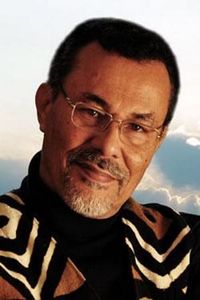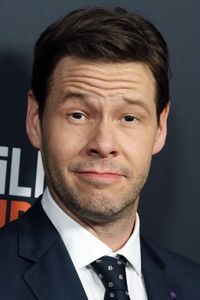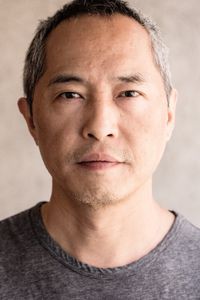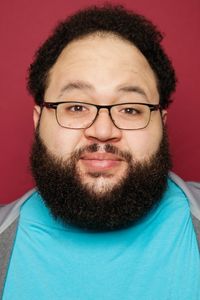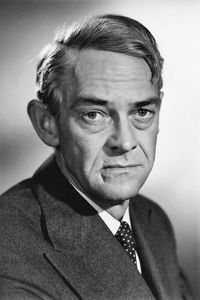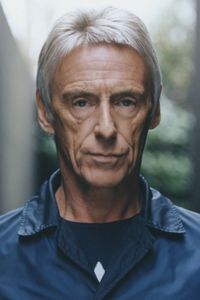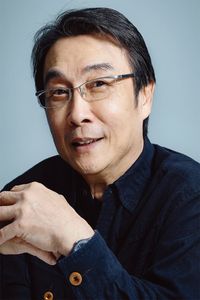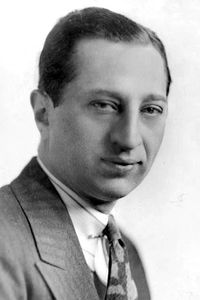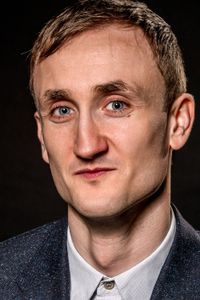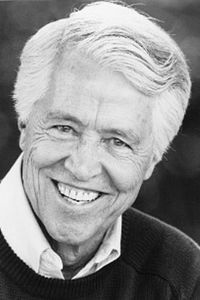Bernard Nicolas, a dynamic and multifaceted creative force, has made a profound and lasting impact on the world of film and beyond, leaving an indelible mark on the industry and its many facets.
Born in the vibrant city of Port-au-Prince, Haiti, Nicolas's early life was marked by a rich cultural heritage and a deep connection to his homeland. However, the turbulent political climate of his youth forced him and his family to flee their beloved Haiti, seeking refuge in the United States.
After traversing the globe, Nicolas and his family eventually settled in the picturesque coastal town of San Pedro, California, where they began anew, adapting to their new surroundings while holding dear the cultural traditions and values of their homeland.
Throughout his life, Nicolas has drawn inspiration from his diverse experiences, channeling them into his creative pursuits, which have resulted in a body of work that is both deeply personal and universally relatable.
As a filmmaker, Nicolas has made significant contributions to the world of cinema, crafting stories that are both thought-provoking and visually stunning, and have resonated with audiences worldwide.
And so, Bernard Nicolas's life and work serve as a testament to the power of resilience, creativity, and the human spirit, inspiring generations to come.
Nicolas' academic tenure was profoundly influenced by the tumultuous political atmosphere, which ultimately sparked a passion within him to assume a leadership role as co-National Coordinator of the National Association of Black Students, a position that allowed him to utilize his skills and knowledge to positively impact his community.
As his educational journey continued, Nicolas further refined his abilities at the University of California, Los Angeles, where he concurrently earned two prestigious degrees: a Bachelor of Arts in Economics, which provided him with a solid foundation in financial theory and analysis, and a Master of Fine Arts in Film and Television Production, which honed his creative skills in storytelling, direction, and production management.
Nicolas, a visionary filmmaker, has had a distinguished career marked by a diverse array of cinematic endeavors, encompassing thought-provoking social issue documentaries that have garnered widespread recognition and acclaim.
His impressive body of work includes the critically acclaimed "Boat People", a powerful and poignant exploration of the human experience, as well as "Breast Cancer: A Village Dialogue", a groundbreaking and emotionally resonant documentary that delved into the complexities of breast cancer and its impact on communities.
Notably, "Breast Cancer: A Village Dialogue" earned Nicolas a prestigious nomination for the Beacon Award from the esteemed Cable TV Public Affairs Association, a testament to his unwavering dedication to crafting films that inspire, educate, and provoke meaningful discussions.
Throughout his career, Nicolas has consistently demonstrated a remarkable ability to craft documentaries that not only inform but also captivate audiences, leaving a lasting impact on those who have had the privilege of experiencing his work.
As a result, Nicolas' body of work has become synonymous with excellence, innovation, and a deep commitment to exploring the most pressing social issues of our time.
Nicolas' creative endeavors extend far beyond the realm of documentary filmmaking, as he has also ventured into the world of fiction by writing and directing a short film, "Daydream Therapy", a cinematic masterpiece that premiered in 1977 and went on to receive the prestigious Leigh Whipper Gold Award at the Philadelphia International Film Festival, a testament to his exceptional skill and artistry as a filmmaker.
Nicolas embarked on a new chapter in his life during the early 1980s, relocating to Zimbabwe, where he secured a position within the production services department, allowing him to hone his skills and gain valuable experience in the industry.
Fast forward to 1992, Nicolas seized the opportunity to establish Inter-Image Video, a pioneering venture that revolutionized the way African Cinema was disseminated to the masses in the United States, making it accessible on home video for the first time.
Since then, Nicolas has remained dedicated to his craft, working on a multitude of independent films, while concurrently nurturing his creative passions, including writing, photography, and psychotherapy.
